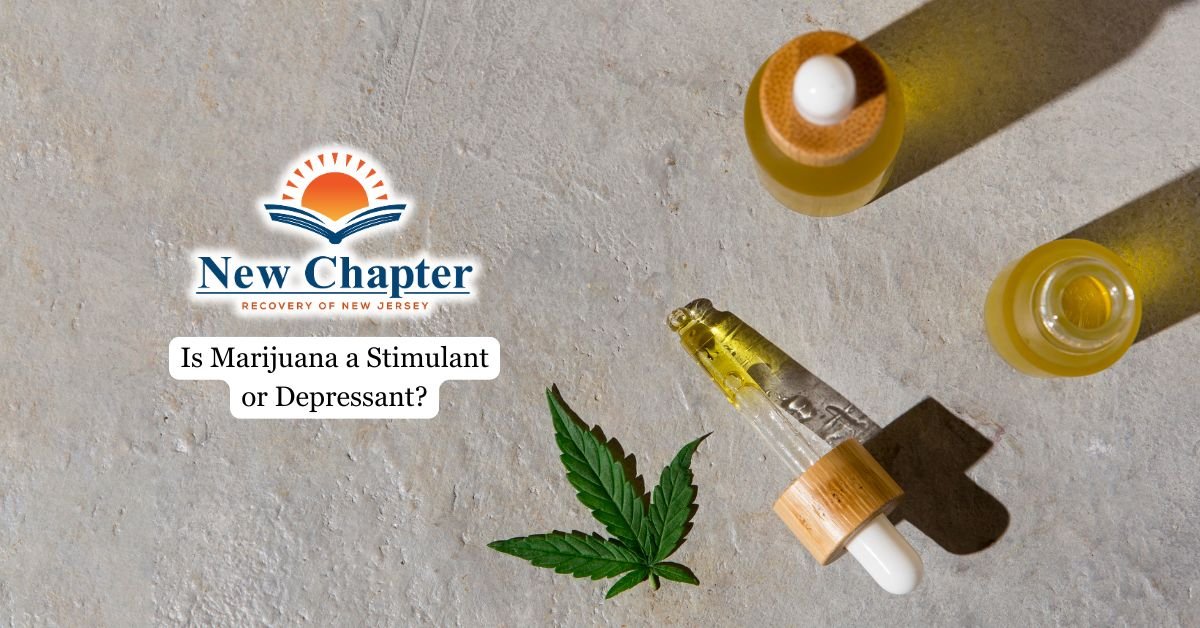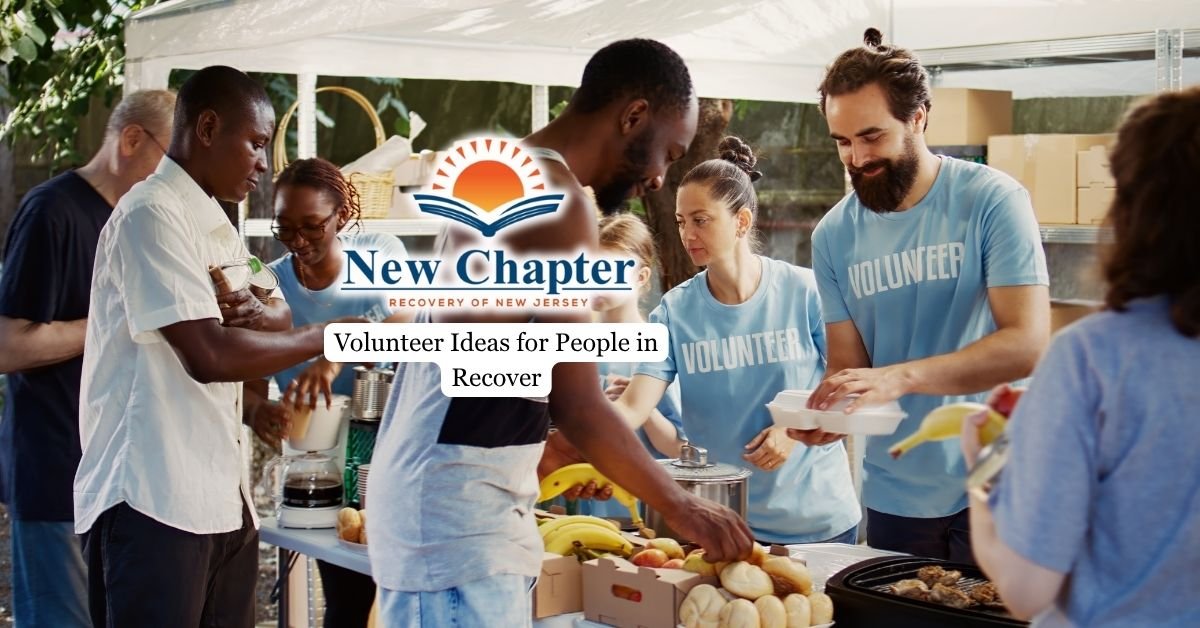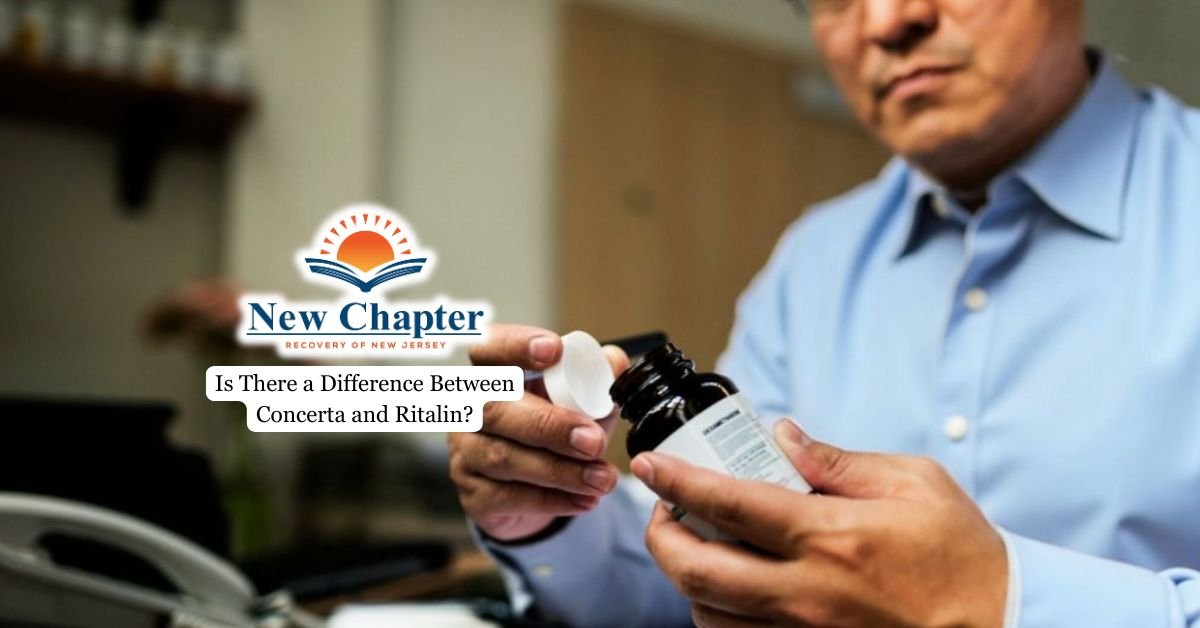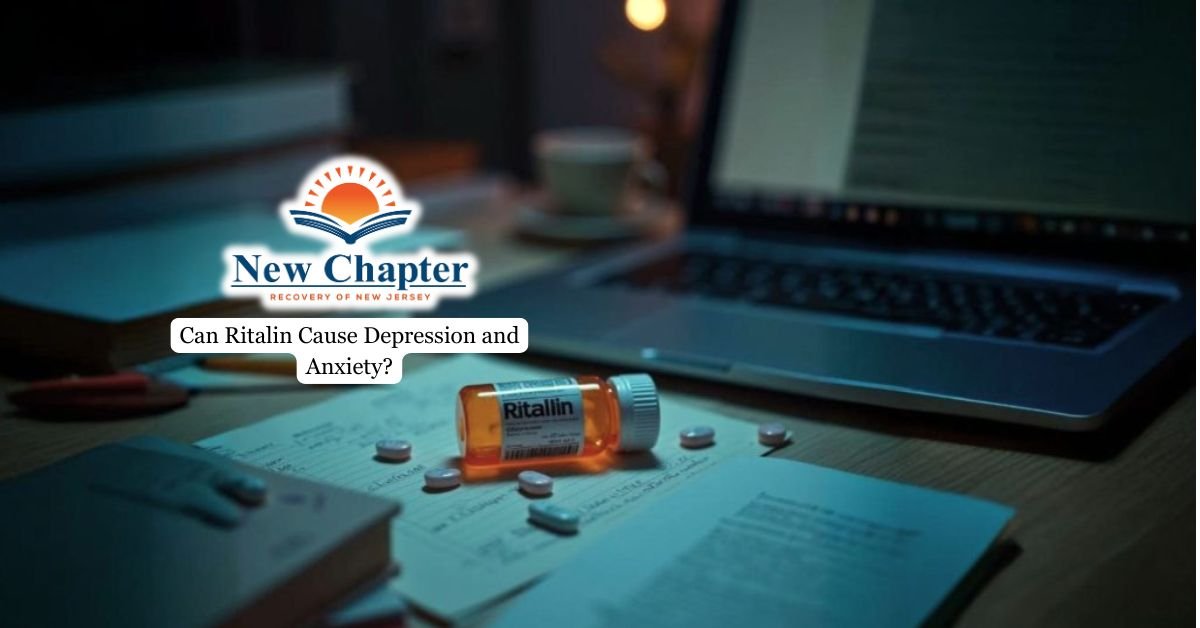For countless veterans, the shift from serving in the military to civilian life presents a variety of new obstacles, including an increased likelihood of addiction. Substance use disorders are particularly common within the veteran community, with roughly one in ten veterans who receive care at Department of Veterans Affairs (VA) facilities being diagnosed with a substance use disorder.
Here we’ll highlight the addictions impacting military veterans the most and the available treatment options.

Alcohol Use Disorder
Alcoholism is a significant addiction impacting many veterans, with alcohol abuse rates notably higher in this population compared to civilians. War veterans may use alcohol as a coping mechanism for the stress, trauma, and mental health challenges associated with military service, including post-traumatic stress disorder (PTSD) and difficulties adjusting to civilian life.
The culture of drinking within the military can further normalize and reinforce problematic alcohol use, making it more likely for these behaviors to persist after service ends.
Statistics reveal that alcohol is the primary substance for 65% of veterans entering treatment centers-nearly twice the rate seen in civilian populations. More than 80% of veterans with substance use disorders abuse alcohol.
This widespread alcohol abuse among veterans increases the risk of violence, health complications, and early mortality, highlighting the urgent need for targeted prevention and treatment efforts within this community.
Targeted interventions for veterans and support systems are crucial to address this critical issue.
Prescription Drug Misuse
Prescription drug misuse is a growing concern among military personnel and veterans, with veterans more likely to engage in drug use involving prescription medications, particularly opioid painkillers, than civilians.
This heightened risk is closely linked to the unique challenges faced by service members, such as chronic pain from combat-related injuries and the psychological impact of deployment. Iraq and Afghanistan veterans, in particular, have been found to receive more frequent and higher-dose opioid prescriptions, especially when coping with both pain and post-traumatic stress disorder (PTSD).
The misuse of these medications often begins with a legitimate medical need but can quickly escalate into dependency and addiction, especially as veterans are more likely to suffer from chronic pain and mental health issues.
These patterns of prescription drug use not only endanger the health and well-being of veterans but also contribute to increased risks of overdose, suicide, and other serious adverse outcomes.
Tobacco Addiction and Nicotine Dependence
Studies show that military service members and veterans have higher rates of tobacco product use than civilians, with about 29.2 percent of veterans reporting current use of tobacco products and 21.6 percent specifically smoking cigarettes.
The culture and stressors associated with military life often contribute to the initiation and continuation of tobacco use, with many military members starting to smoke after enlisting and others relapsing during or after deployment.
This widespread substance abuse not only poses serious health risks, such as increased rates of lung cancer, heart disease, and chronic bronchitis, but also leads to substantial financial costs for both the Department of Defense and the Veterans Health Administration, which spends billions annually on smoking-related care.
Illicit Drug Use
While overall rates of illicit drug use among veterans are somewhat lower than in the general population, certain substances remain prevalent and problematic. Marijuana is the most commonly used illicit drug, with 3.5% of veterans reporting use in the last month and 2.3 million veterans (11.1%) reporting use in the last year.
Heroin and cocaine also contribute to the burden of addiction, with nearly 11% of veterans admitted to treatment centers for heroin use and over 6% for cocaine use.
The intersection of illicit drug use and health is especially stark among homeless veterans, a population in which nearly 80% struggle with substance abuse, including drug use.
This pattern of substance abuse exacerbates mental health conditions, increases the risk of chronic illnesses, and complicates efforts to achieve stable housing and employment for homeless veterans.
Co-Occurring Substance Use Disorders Among Veterans
Co-occurring substance use disorders have a profound impact on veterans with PTSD and other mental health disorders, often complicating both diagnosis and treatment.
Many veterans turn to alcohol or drugs as a way to self-medicate and manage the distressing symptoms of PTSD, such as flashbacks, insomnia, and anxiety, but this practice often leads to a cycle of dependence and worsening mental health.
Veterans who also have a substance use disorder typically experience poorer health outcomes and face greater challenges in recovery, as the symptoms of both conditions can amplify one another and increase the risk of relapse.
Integrated health treatment approaches that address both PTSD and substance use disorders simultaneously have shown promise, as they can help veterans break the cycle of self-medication and support lasting recovery.

Treatment Options and Support for Veterans Struggling with Addiction
The Department of Veterans Affairs (VA) offers evidence-based therapies like cognitive behavioral therapy (CBT), motivational interviewing, and contingency management, as well as medication-assisted treatments for issues such as opioid and nicotine dependence.
Veterans can access care through outpatient counseling, intensive outpatient programs, partial hospitalization, residential treatment, and group or individual therapy to address both addiction and co-occurring mental health disorders.
Specialized programs also exist for women, returning combat veterans, and homeless veterans, ensuring tailored support for diverse needs. Peer support groups, family counseling, and ongoing relapse prevention strategies further enhance recovery outcomes.
Final Thoughts from New Chapter Recovery
At New Chapter Recovery in New Jersey, our addiction treatment program is dedicated to help veterans who are struggling with addiction reclaim their lives and find lasting hope. By combining trauma-informed care, evidence-based therapies, and spiritual support, our team addresses the unique experiences and needs of veterans, offering a compassionate environment where veterans can truly heal from drug and alcohol addiction.






